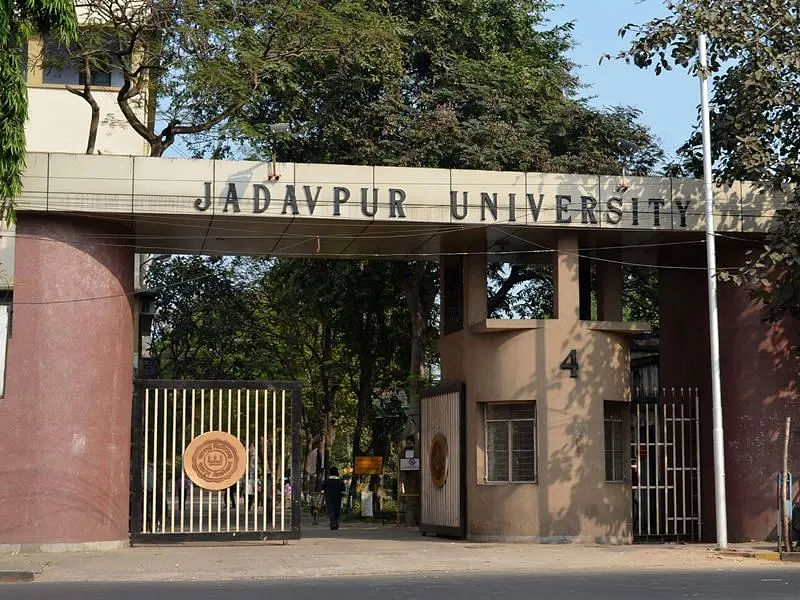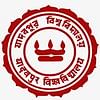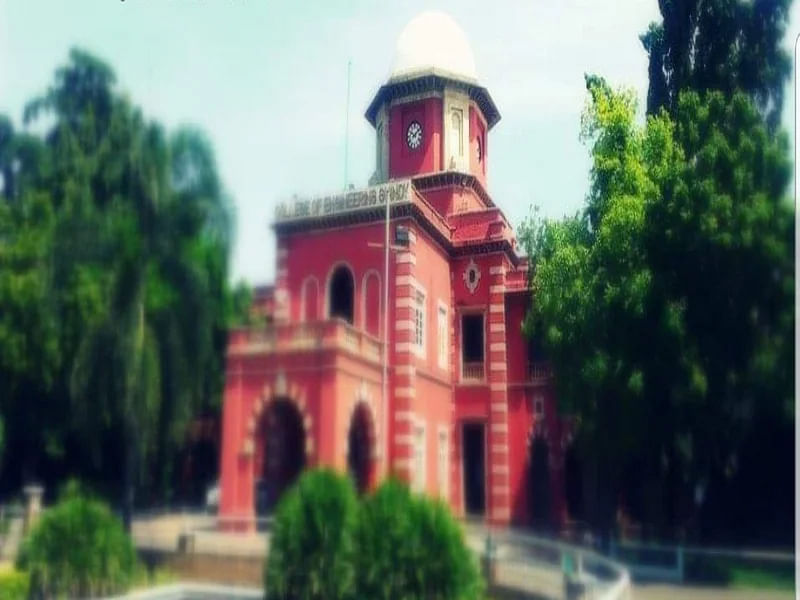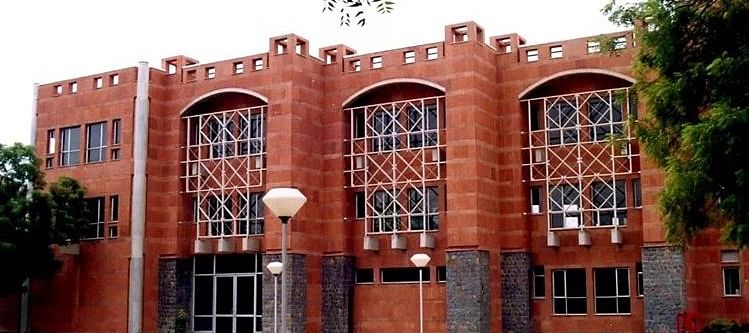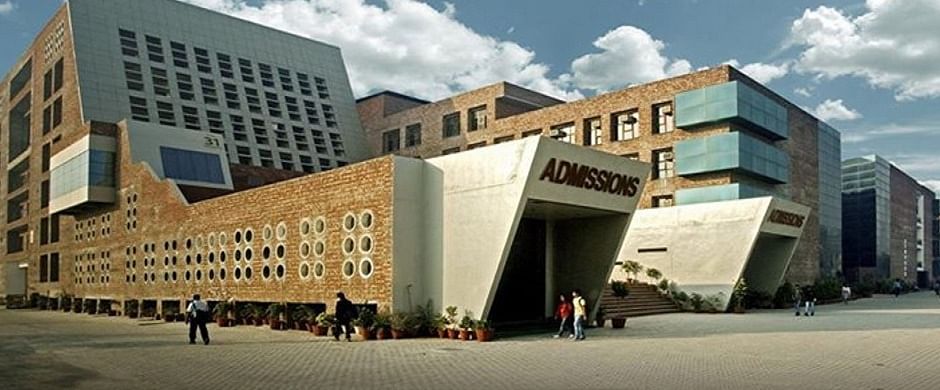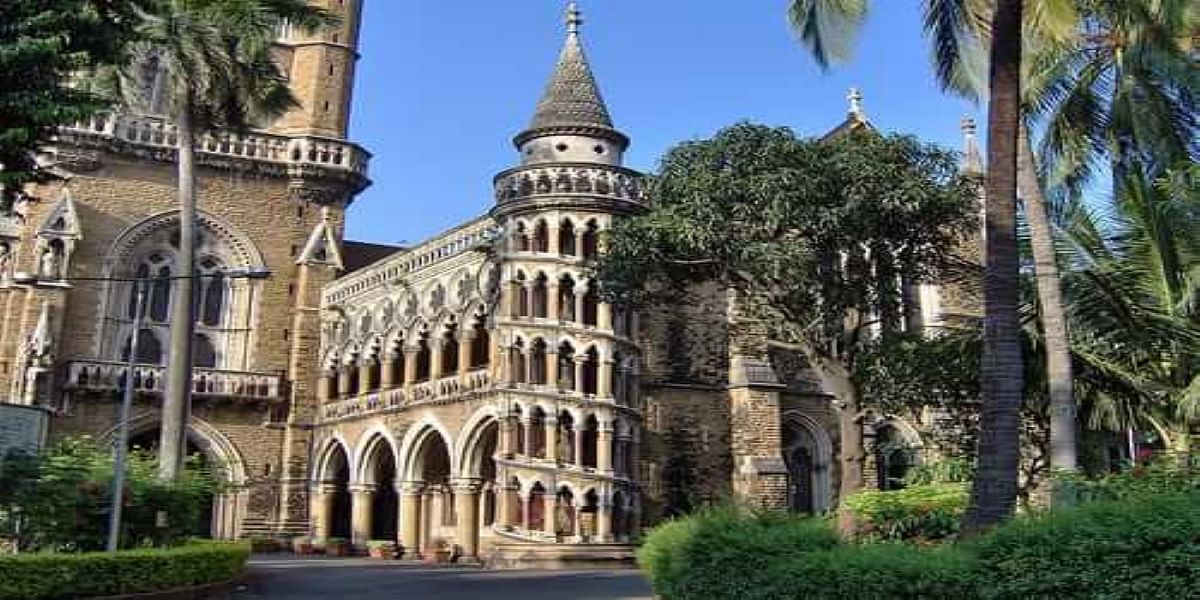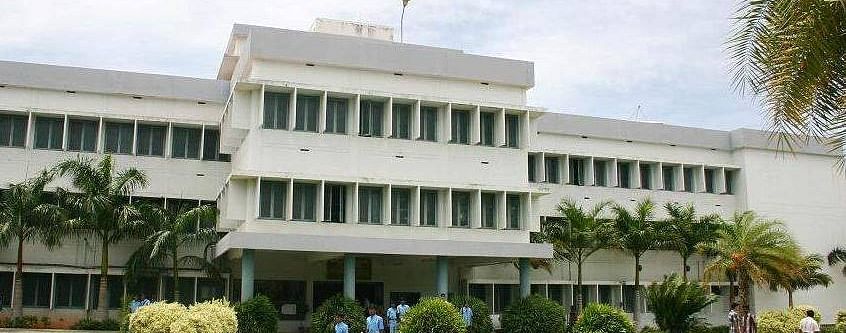M.Tech Food Technology: Course Details, Eligibility, Admission, Fees

M.Tech Food Technology is a two-year postgraduate degree that is one of the most challenging in the area of nutrition and hospitality. This course deals with everything from procurement to manufacturing to preserving to packing, branding, and quality assurance. Food Technologists, Consultants, Quality Analysts, Nutritionists, and Food Production Engineers are among the jobs available to the graduates.
Table of Contents
- About M.Tech Food Technology
- Eligibility Criteria for M.Tech Food Technology
- How To Get Admission for M.Tech Food Technology?
- Who Should Pursue M.Tech Food Technology?
- Types of M.Tech Food Technology
- Popular Entrance Exams for M.Tech Food Technology
- Study M.Tech Food Technology in India
- Top 10 M.Tech Food Technology Colleges in India
- Study M.Tech Food Technology Abroad
- Fee Structure for M.Tech Food Technology
- Syllabus and Subjects for M.Tech Food Technology
- Why Choose M.Tech Food Technology?
- Preparation Tips for M.Tech Food Technology
- Scope For Higher Education
- Salary of an M.Tech Food Technology Graduate
- Career Options After M.Tech Food Technology Course
- Skills That Make You The Best M.Tech Food Technology Graduate
M.Tech Food Technology Course Details
| Degree | Masters |
| Full Form | Master of Technology Food Technology |
| Duration | 2 Years |
| Age | No Age Limit |
| Average Fees | ₹2 LPA |
| Average Salary | INR 3 - 6 LPA |
| Employment Roles | Food Technologists, Consultants, Quality Analysts, Nutritionists, Food Production Engineer |
About M.Tech Food Technology
One of the specialist degrees in the Master's Programme for Food is the M.Tech Food Technology which lasts 2 years. The physical and chemical composition of foods, their packaging and storage, their nutritional value, and the procedures involved in the preparation of foods in factories and the food business are all subjects covered in this course. Quality analysis and food product hygiene are two more subjects covered in the course. This course falls under the umbrella of the M.Tech programme.
According to Wikipedia, “Food technology is a branch of food science that deals with the production, preservation, quality control and research and development of the food products.”
Eligibility Criteria for M.Tech Food Technology
The first step in seeking admission to the programme is to determine the M.Tech Food Technology eligibility. The applicant must have recently graduated from an accredited university or institution and passed the qualifying entrance exam. Aspirants for M.Tech Food Technology must have completed an undergraduate degree in Food Technology, Food Science, Food Engineering, Biology, or Chemistry. The final qualifying exam must have a minimum aggregate score of 55 per cent.
Even though there is no upper age limit for applying the minimum age to apply for this course is 18 years.
How To Get Admission for M.Tech Food Technology?
Candidates must apply for the provided admission examination, which is usually GATE, and which is approved by most institutes after they meet the qualifying requirements. After passing the exam, the shortlisted applicants will be contacted for document verification, and admission will be granted.
The aspirants should follow the process given below to secure admission to the course.
How to Apply?
Applicants must submit an online application with all essential documents such as ID proofs and various mark sheets. Depending on the candidates' preferences, different forms can be filled for various colleges in the online as well as offline mode.
Selection Process
Most admissions are granted based on the entrance exams. Once the result is released the merit list with a minimum cutoff is declared by various colleges. Students who have cleared the cutoff are given further instructions for admissions via mail or text.
Some seats are reserved for merit-based admissions where the candidates who have performed extraordinarily in their bachelor’s degree are given admission to the course directly.
Read More on M.Tech Admission
Who Should Pursue M.Tech Food Technology?
M.Tech Food Technology course is for those who are interested in the technology side of the FMCG industry. In addition to the technical aspects, this course covers Intellectual Property Rights, Design Patenting and Trademarking, Packaging, and Labeling, all of which are FSSAI-required stages.
M.Tech Food Technology's duration is 2 years and this course is best suited for those who are interested in learning about various elements of nutrition and the food business.
When to do M.Tech Food Technology?
Applicants for the M.Tech Food Technology programme should apply as soon as possible after graduating from college or with 1-2 years of food industry experience. An M.Tech in Food Technology, on the other hand, is available to students right after they have earned their bachelor's degree in relevant courses.
Types of M.Tech Food Technology
As this is a practical programme that demands candidates to be completely engaged in the course structure by visiting major FMCG and other nutrition industries, aspirants may only continue the M.Tech Food Technology course in a full-time format. The following are the details of the M.Tech Food Technology programme:
Full-Time M.Tech Food Technology
For a full-time M.Tech Food Technology programme, which lasts two years depending on the institution, students must attend classes, perform practicals, submit work reports, and take exams on campus. In a full-time M.Tech Food Technology programme, students will gain a lot more experience, knowledge, and expertise by interacting directly with their instructors and classmates.
Part-Time M.Tech Food Technology
M.Tech Food Technology is a program that undergoes continuous assessment and follows a practical approach. Thus, this course is currently not offered in the part-time mode. But, several part-time diplomas of one-year duration are offered by several universities in India.
Distance M.Tech Food Technology
Distance M.Tech Food Technology courses are currently unavailable in India since this is a practical education that requires hands-on experience, which may not be achievable through distance learning. However, numerous short-term certificates and certifications, such as those offered by IGNOU in India, are available in distance education mode.
Popular Entrance Exams for M.Tech Food Technology
M.Tech Food Technology aspirants can apply to top institutions and universities by taking national and state-level entrance examinations. Admission will be awarded on the basis of merit, which will be assessed by his grades and scores in graduation degree and entrance exam results.
The popular entrance exams for this course are as follows:
A Quick Glance at the M.Tech Food Technology Entrance Exams
One of the best courses to take in order to attain one's aim of becoming a successful person in the food sector is M.Tech Food Technology. It is essential that the aspirants understand the M.Tech Food Technology admission process and the syllabus and structure before taking the examinations. The most common entrance exam patterns are shown below:
- The duration of the exams is 3 hours.
- The exams are conducted in the online mode(Computer Based Test).
- The exams generally have 2 sections: General Aptitude and Specialization Based Section
- The questions of MCQ type.
- Negative marking is applied for every wrong question.
Study M.Tech Food Technology in India
Some of the world's best M.Tech Food Technology colleges can be found in India. Aspirants have a lot of alternatives when it comes to finding the top M.Tech Food Technology course for them. The following are some of the finest colleges in India for M.Tech Food Technology:
Top 10 M.Tech Food Technology Colleges in India
Below is the list of the 10 best colleges for M.Tech in Food Technology in India:
|
Sl.No |
Name of the College |
|
1 |
|
|
2 |
|
|
3 |
|
|
4 |
|
|
5 |
|
|
6 |
Dayananda Sagar Academy of Technology and Management, Bangalore |
|
7 |
|
|
8 |
|
|
9 |
|
|
10 |
Amity Institute of Food Technology, Noida |
Top M.Tech Food Technology Colleges in Delhi
Delhi is home to some of India's greatest M.Tech Food Technology colleges. The top M.Tech Food Technology colleges in Delhi are listed in the table below:
|
Sl.No |
Institution |
|
1 |
|
|
2 |
|
|
3 |
|
|
4 |
Amity Institute of Food Technology |
|
5 |
Pusa Institute Of Technology |
Top M.Tech Food Technology Colleges in Pune
Pune is Maharashtra's educational capital, with some of the greatest M.Tech Food Technology institutes in the state. The top M.Tech Food Technology colleges in Pune are included in the table below:
|
Sl.No |
Institution |
|
1 |
|
|
2 |
|
|
3 |
|
|
4 |
Maharashtra Institute Of Technology |
|
5 |
P.E.S. Modern College of Engineering |
Top M.Tech Food Technology Colleges in Mumbai
Mumbai also has some of the best institutions for M.Tech Food Technology in India. Check the table below for the top colleges of M.Tech Food Technology in Mumbai:
|
Sl.No |
Institution |
|
1 |
|
|
2 |
|
|
3 |
|
|
4 |
|
|
5 |
Top M.Tech Food Technology Colleges in Kolkata
Kolkata, the capital of West Bengal, is home to some of India's greatest M.Tech Food Technology institutes. The finest M.Tech Food Technology colleges in Kolkata are listed in the table below:
|
Sl.No |
Institution |
|
1 |
|
|
2 |
|
|
3 |
|
|
4 |
|
|
5 |
Top M.Tech Food Technology Colleges in Bangalore
Bangalore is known for having some of Karnataka's best M.Tech Food Technology institutes. The finest M.Tech Food Technology colleges in Bangalore are listed in the table below:
|
Sl.No |
Institution |
|
1 |
|
|
2 |
|
|
3 |
|
|
4 |
|
|
5 |
Top M.Tech Food Technology Colleges in Hyderabad
Hyderabad is known throughout the country for offering top-notch M.Tech Food Technology courses. Check the table below for the top M.Tech Food Technology colleges in Hyderabad:
|
Sl.No |
Institution |
|
1 |
|
|
2 |
|
|
3 |
|
|
4 |
Top M.Tech Food Technology Government Colleges
Several leading government colleges from around the country provide high-quality M.Tech. Food Technology programmes. The leading M.Tech Food Technology government colleges in India are included in the table below:
|
Sl.No |
Institution |
|
1 |
|
|
2 |
|
|
3 |
|
|
4 |
|
|
5 |
Top M.Tech Food Technology Private Colleges
India has experienced a considerable increase in the number of high-quality M.Tech Food Technology private universities that include some of the country's food technology programmes. The top M.Tech Food Technology private colleges in India are included in the table below:
|
Sl.No |
Institution |
|
1 |
|
|
2 |
|
|
3 |
|
|
4 |
G. Narayanamma Institute of Technology and Science, Hyderabad |
|
5 |
Study M.Tech Food Technology Abroad
With proper guidance and financial capabilities, aspirants can pursue M.Tech in Food Technology outside India at some of the biggest international universities. The duration of an M.Tech in Food Technology abroad is between 2-4 years depending on the type of university and country the students apply to.
Some of the benefits of pursuing an M.Tech Food Technology degree overseas include access to some of the top options, resources, and educators, as well as international exposure to the subject matter and cultural backgrounds. The following are some of the world's best M.Tech Food Technology schools, along with their fees:
|
Institution |
Fees |
|
USD 35,760 |
|
|
GBP 25,670 |
|
|
USD 35,458 |
|
|
USD 32,500 |
|
|
USD 17,900 |
|
|
GBP 12,000 |
|
|
USD 24,000 |
|
|
USD 25,000 |
|
|
GBP 18,000 |
|
|
Westcliff University |
USD 13,050 |
Top M.Tech Food Technology Colleges in USA
The United States has some of the greatest institutions and schools in the world that provide top-notch M.Tech Food Technology programmes. The top M.Tech Food Technology colleges in the United States are shown in the table below:
|
Sl.No |
Institution |
|
1 |
|
|
2 |
|
|
3 |
|
|
4 |
|
|
5 |
Columbia University |
Top M.Tech Food Technology Colleges in the UK
The United Kingdom's educational institutions are centuries old and have a long history of offering high-quality education. As a result, the United Kingdom is one of the best destinations to study an M.Tech Food Technology. In the table below, the top colleges in the UK for M.Tech Food Technology are listed:
|
Sl.No |
Institution |
|
1 |
|
|
2 |
|
|
3 |
|
|
4 |
|
|
5 |
Top M.Tech Food Technology Colleges in Canada
As it provides students with world-class facilities, equipment, technology, and privileges, Canada is one of the most preferred destinations for M.Tech Food Technology programmes across the world. The following are some of the finest M.Tech Food Technology colleges in Canada:
|
Sl.No |
Institution |
|
1 |
|
|
2 |
|
|
3 |
|
|
4 |
|
|
5 |
Top M.Tech Food Technology Colleges in Australia
For many students, Australia has emerged as one of the top places for higher education. It is due to the fact that its curriculum and educational practices are flexible and student-driven. The following is a list of the best M.Tech Food Technology colleges in Australia:
|
Sl.No |
Institution |
|
1 |
|
|
2 |
|
|
3 |
|
|
4 |
|
|
5 |
Fee Structure for M.Tech Food Technology
M.Tech Food Technology fees are not decided by set standards but are decided by a number of factors. M.Tech Food Technology fees are influenced by various factors including locality, faculty, market, technology, and student services. M.Tech Food Technology is a two-year programme in India, with costs ranging from INR 15,000 to 3 LPA.
|
Sl.No. |
Name of the College |
Total Fee Structure |
|
1. |
Amity University |
INR 1.7 LPA |
|
2. |
D.Y. Patil University, Kolhapur |
INR 2 LPA |
|
3. |
Bharati Vidyapeeth, Pune |
INR 50,000 PA |
|
4. |
Jain University, Bangalore |
INR 1.2 LPA |
Syllabus and Subjects for M.Tech Food Technology
Below are given the most common M.Tech Food Technology course details. Most colleges across the country follow the core of the syllabus, with a few minor deviations. The M.Tech Food Technology programme lasts two years and covers the whole curriculum. The following are a few of the subjects that students can choose from:
- Food Chemistry and Microbiology
- Food Processing and Preservation
- Poultry Technology
- Dairy Technology and Engineering
- Drying Technology
- Food Packaging Technology
Read More: M.Tech Food Technology Syllabus and Subjects
Why Choose M.Tech Food Technology?
Before enrolling in the M.Tech Food Technology degree, students should review the M.Tech Food Technology course prerequisites to verify that they understand the curriculum. Students frequently enquire, "What is an M.Tech Food Technology?" and "Why an M.Tech Food Technology?" We can break down the answers to these questions in smaller parts to better understand the course:
What is M.Tech Food Technology All About?
M.Tech Food Technology is a well-designed programme that covers all elements of food processing and production technology. Candidates will be employed in top-tier food sectors after graduating from this course, in addition to providing diversity.
It is a specialist degree for applicants who want to learn everything there is to know about the food sector, from fundamental production to technological advancements.
What Does a M.Tech Food Technology Graduate Do?
Graduates with an M.Tech in Food Technology can choose from a range of career paths. Candidates can flourish in a variety of industries, including food, biotechnology, bioinformatics, water conservation, research institutes, and pharmaceuticals. One of the most common jobs held by graduates is that of a Food Technologist.
Food Technologist: Food technologists are more involved in the manufacturing process and genetic engineering of plants and crops, as well as exploring ways to develop renewable fuel sources. They use their knowledge to find new and efficient methods of food manufacturing and processing.
Related Careers:
| Food Inspector | Food Scientist |
| Food Safety Officer | Food Critic |
Reasons Why M.Tech Food Technology Can Fetch You a Rewarding Career?
The M.Tech Food Technology programme offers a challenging and engaging learning environment. An M.Tech Food Technology program's true value may be measured by the fact that it offers up a plethora of work options in the realm of food and nutrition.
Relevance of the Course: The field of work for M.Tech Food Technology candidates is always expanding and exciting, since few people understand the topic completely, and there is much to be discovered in this sector, which graduates may do by applying all of the knowledge they have received during this degree.
Read More: M.Tech Food Technology Jobs and Scope
Preparation Tips for M.Tech Food Technology
The food industry is huge, and there are a lot of laws and regulations to follow in order to be relevant and profitable. In M.Tech Food Technology, you must first establish yourself as a diligent individual with a thorough understanding of the subject.
The following are some helpful tips for anyone interested in pursuing the M.Tech Food Technology programme:
In-Depth Study of the Syllabus: Begin by going over the syllabus with a lot of concentration. An applicant should prepare a detailed list of the topics that need to be taught in addition and concentrate on them.
Create a Well-Balanced Schedule: Building and sticking to a self-made schedule is essential since it gives the applicant a goal to work toward each day or week.
Revision of Graduation Topics: It is essential to brush up on concepts learned at graduation from time to time in order to be successful in the food industry.
Scope For Higher Education
M.Tech Food Technology graduates with aspirations to further their education have a variety of possibilities. Candidates with an M.Tech Food Technology can pursue a PhD or another educational degree in disciplines such as food biotechnology, agrochemicals, renewable energy for food processing, cold chamber management, lipid chemistry, and separation methods in food processing.
Some options available to the graduates are:
- PhD
- MBA in Food Technology
- MBA in Operations
Salary of an M.Tech Food Technology Graduate
M.Tech Food Technology graduates are considered skilled professionals in the field of food and nutrition. M.Tech Food Technology Salary ranges from INR 3-7 LPA on average. (Source: Glassdoor).
Read More: M.Tech Food Technology Salary
Career Options After M.Tech Food Technology Course
The information learned throughout the programme may be used to many processes in the food sector to improve and enhance them. This field is significant in FMCG firms because it may help them achieve their goals and objectives by facilitating proper knowledge and use of modern principles in their products.
As new technical breakthroughs in the fields of food, nutrition, and pharmaceuticals occur on a regular basis, this stream is establishing itself as a burgeoning domain. You can be able to work in one of the following roles after receiving an M.Tech in Food Technology:
- Food Technologist
- Quality Assurance Officer
- Food Consultant
- Nutritionist
- Food Production Engineer
Skills That Make You The Best M.Tech Food Technology Graduate
To be successful in their careers, M.Tech Food Technology graduates must have a thorough awareness of the food and nutrition sector. The skills required for that aren't always possible to teach in a classroom setting. These are abilities that can only be acquired via practice. As a result, students should try to broaden their horizons and gain as much experience as they can. The following are some of the skills that graduates will need:
- Analytical Skills
- Technical Understanding
- Communication Skills
- Multitasking Skill


